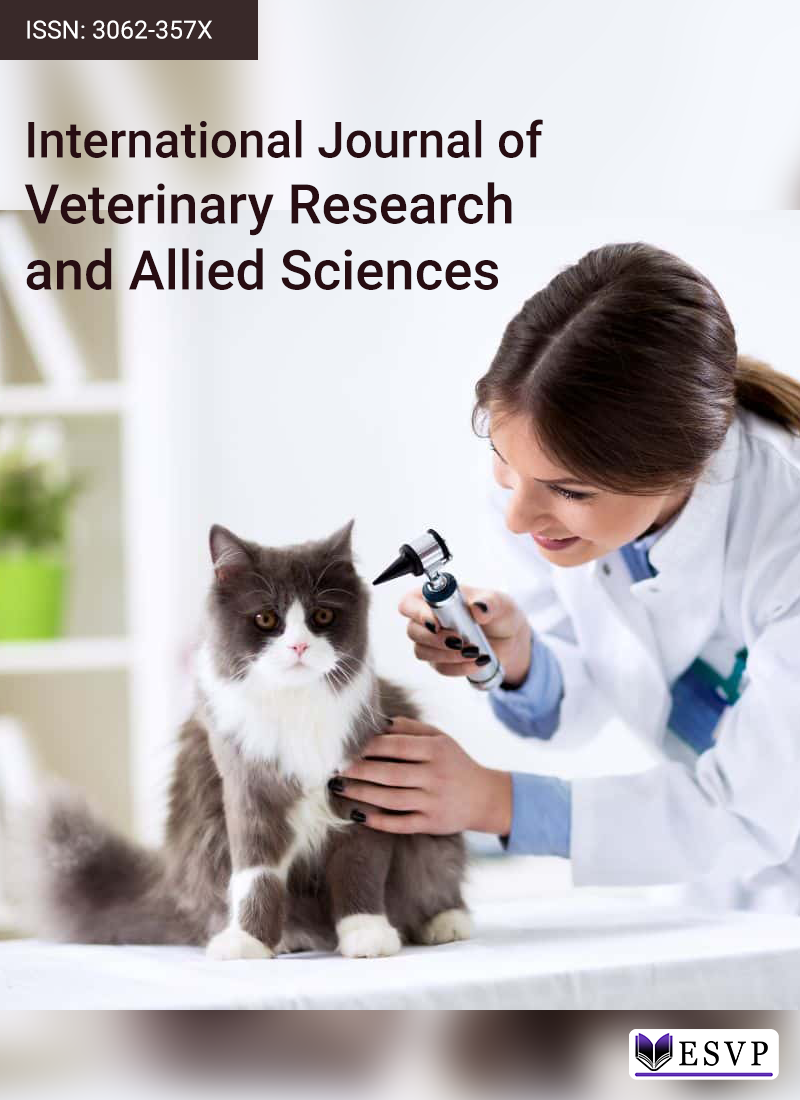
Ticks are a large group of blood-feeding arthropods that act as vectors for a range of pathogens of medical and veterinary importance. Historically, synthetic acaricides have been the cornerstone of global tick control efforts. Consequently, it is essential to develop strategies that help maintain the effectiveness of these chemicals. This paper provides an overview of synthetic acaricides, tracing their use from early applications to current market options. It also examines the mechanisms of action of different acaricide classes, their environmental impact, the challenges posed by resistance in tick populations, the factors contributing to this resistance, and the strategies implemented to increase the effectiveness of existing acaricides.